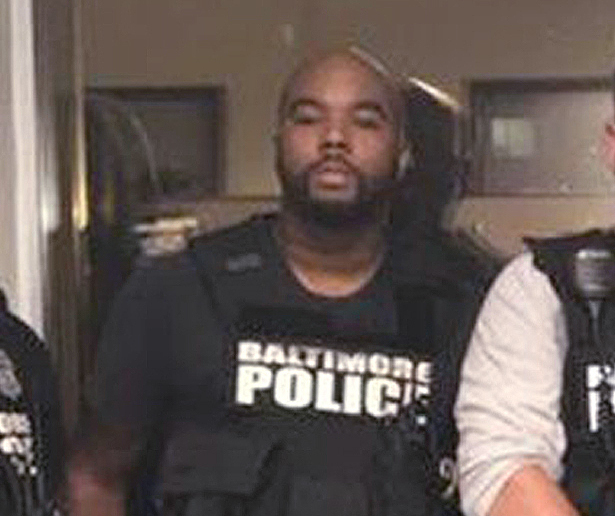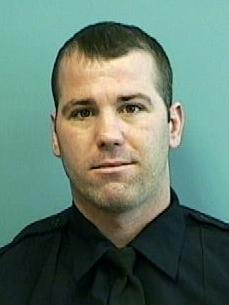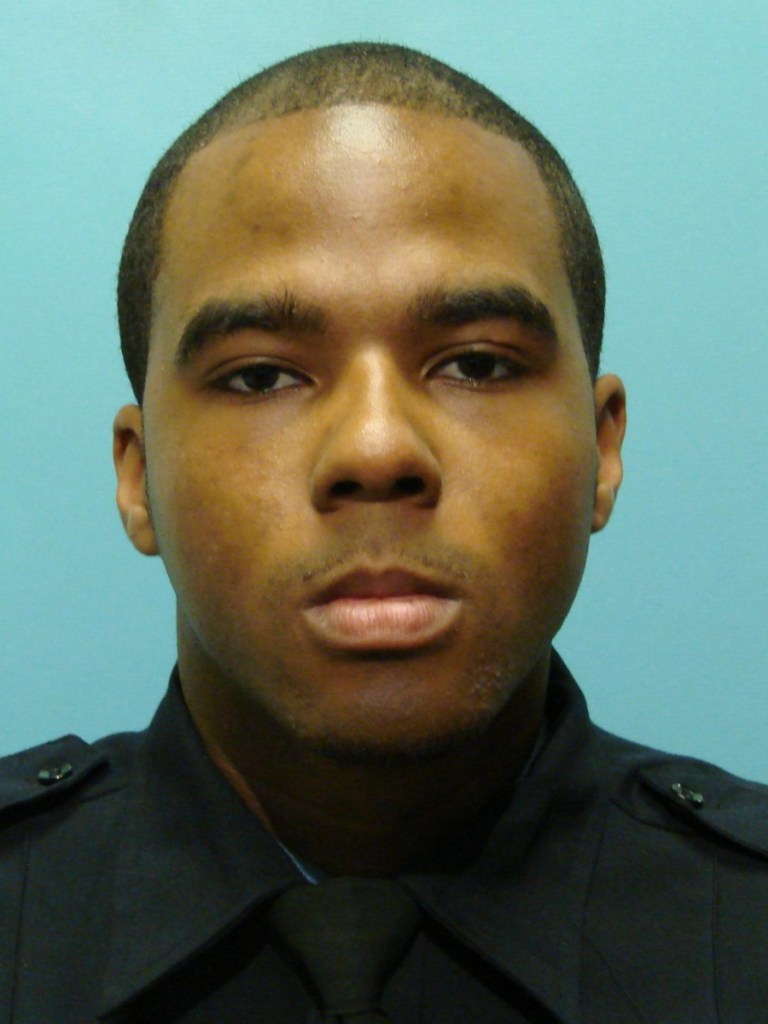BALTIMORE — Jurors started deliberating Thursday in a case involving one of the worst U.S. police corruption scandals in recent memory after hearing nearly three weeks of testimony from drug dealers, a crooked bail bondsman and disgraced Baltimore detectives who detailed astonishing levels of police misconduct.
The two detectives on trial face robbery, extortion and racketeering charges that could land them up to life in prison if convicted. The trial in a federal courthouse has been dominated by testimony of four ex-detectives who worked alongside the defendants in an elite unit known as the Gun Trace Task Force.
Those former detectives pleaded guilty to corruption charges about their time on the squad, which was once praised as a group of hard-charging officers chipping away at the tide of illegal guns on city streets. They testified on behalf of the government in the hopes of shaving years off their prison sentences.
The former law enforcers testified that the unit was actually made up of uniformed thugs who broke into homes, stole cash, resold looted narcotics and lied under oath to cover their tracks. Wearing lockup jumpsuits, the ex-detectives admitted to everything from armed home invasions to staging fictitious crime scenes and routinely defrauding their department with bogus overtime claims.
Assistant U.S. Attorney Leo Wise described the two detectives on trial as “hunters” who “preyed upon the weak and the vulnerable” when their rogue police unit wasn’t scouring the city trying to find large-scale drug dealers to rob. He said the evidence, which included calls recorded by the FBI that captured their voices, was “overwhelming.”
Defense attorney Jenifer Wicks delivered a fiery closing argument on behalf of Detective Marcus Taylor. She told jurors the government went to the “depths of the criminal underworld” to find a parade of “professional liars” as witnesses.
“It’s deplorable and it’s nauseating,” Wicks said, asserting there was insufficient evidence to convict Taylor of anything.
In a rebuttal, Wise said investigators did indeed tour the unsavory depths of Baltimore’s underworld – and it was there they found Taylor and Detective Daniel Hersl.
Hersl’s lead attorney, William Purpura, did not deny that his 48-year-old client took money – an act that “embarrassed” the city and the detective’s family – but that didn’t rise to charges of robbery or extortion.
He attacked the veracity of the four disgraced detectives, noting that they’ve admitted to lying for years to juries, judges, colleagues and their families.
“They want that ‘get out of jail free’ card,” Purpura said during his closing arguments.
The detectives on trial did not testify.
The out-of-control unit’s onetime supervisor, Sgt. Wayne Jenkins, also did not testify. Jenkins was portrayed as a wildly corrupt officer leading his unit on a tireless quest to shake down citizens and locate “monsters” – bigtime drug dealers with lots of loot to rob.
His subordinates testified that he occasionally posed as a federal agent, encouraged his officers to keep BB guns to plant as weapons, and kept duffel bags in his police car with grappling hooks, ski masks, and even a machete, to ramp up their illegal activities.
In mid-November, a Philadelphia police officer became the ninth law enforcement agent indicted in the federal investigation. Prosecutors allege he conspired with task force member Jemell Rayam to sell heroin and cocaine seized in Baltimore.
It’s not clear when the ex-detectives who pleaded guilty will be sentenced by a federal judge.
The jury asked two questions Thursday but did not reach a decision. They will return Monday.
Send questions/comments to the editors.





Success. Please wait for the page to reload. If the page does not reload within 5 seconds, please refresh the page.
Enter your email and password to access comments.
Hi, to comment on stories you must . This profile is in addition to your subscription and website login.
Already have a commenting profile? .
Invalid username/password.
Please check your email to confirm and complete your registration.
Only subscribers are eligible to post comments. Please subscribe or login first for digital access. Here’s why.
Use the form below to reset your password. When you've submitted your account email, we will send an email with a reset code.